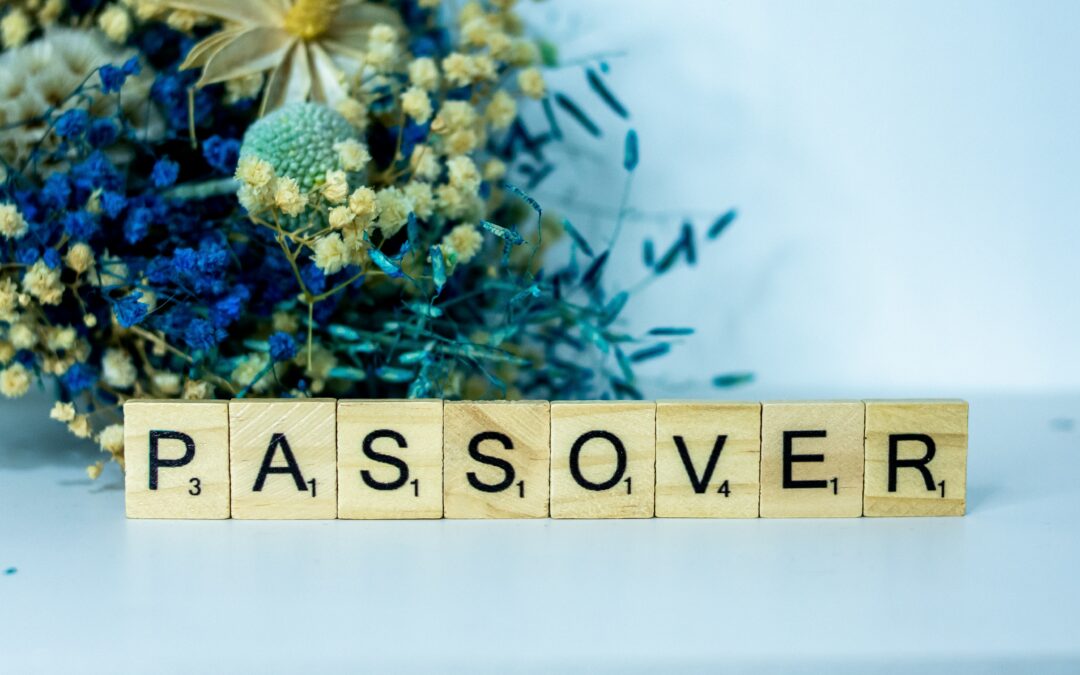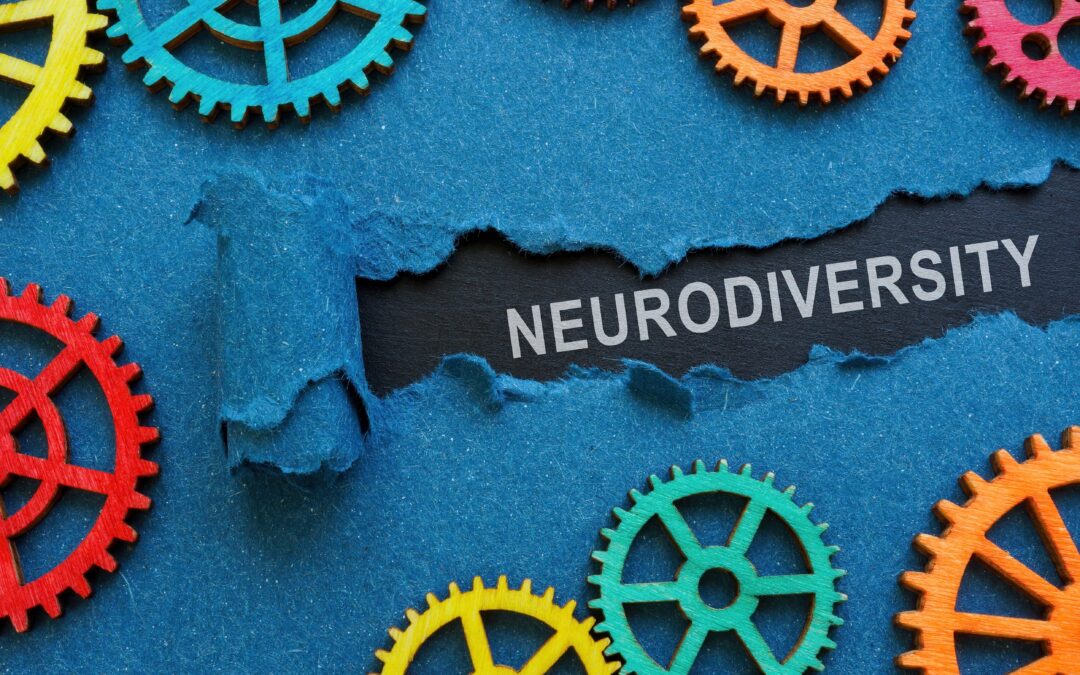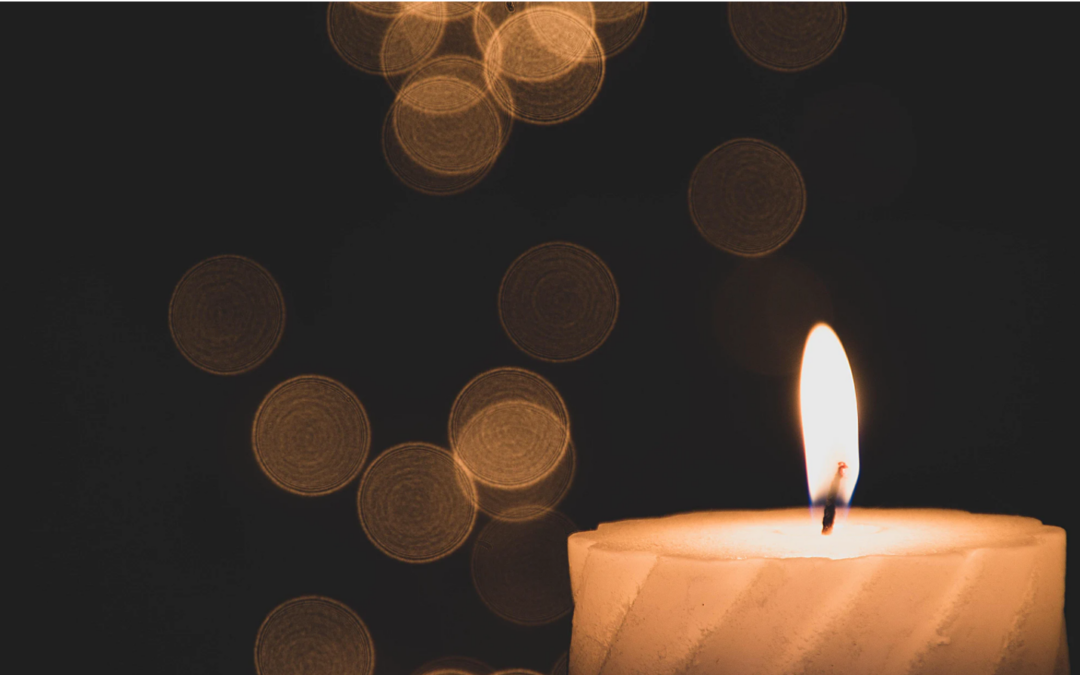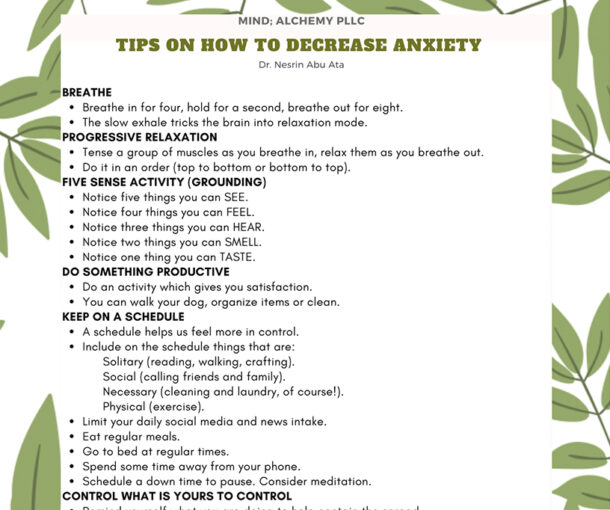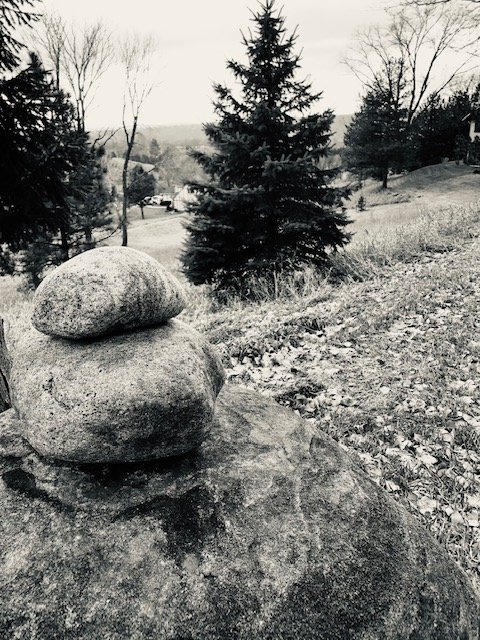
Do you ever wonder how you can cultivate what you feel as a weakness and vulnerability in you into courage and ability? Brene Brown points out how we all admire courage and daring in others, But, she says, when it comes to ourselves, we may be paralyzed by shame, or fear or other self judgements passed on to us from cultural expectations. If you are wondering how to cultivate your vulnerability into ability, you’re ready to begin transforming your heart. We will explore how through Mindfulness-Self Compassion.
Are you still with me, or did you move on to the next article because you are feeling uncomfortable or afraid reading these words? Sit with these feelings, feel them in your body, what are they about anyway? What message do they have for you?
Vulnerability takes courage and bravery
Did I say you’re transforming your heart? Yes, I did, because this kind of vulnerability work takes courage and bravery, which come from the heart. Consequently, while the mind is great at analyzing and planning things, it’s not equipped to step into uncharted territories. The latter is the territory of the heart. The mind likes to navigate the surface of life that it can grasp, measure, compare and map out. On the other hand, the heart holds the compass of what is important to us. It shows us the way to what is most important – from relationships to hopes, dreams, values, and much more. Moreover, the heart has the ability to be the crucible holding the fires of transformation, burning needless fluff that gets in the way, while the most important precious valuable gifts of your life emerge having survived the purification in the crucible of trials.
Kristen Neff and Christopher Germer developed Mindfulness-Self Compassion (MSC) practices that teach you to transform your vulnerability into amazing abilities. They refer to it as the Yin and Yang of Mindfulness Self-Compassion. MSC helps you cultivate new relationships with yourself and your experiences in your life.
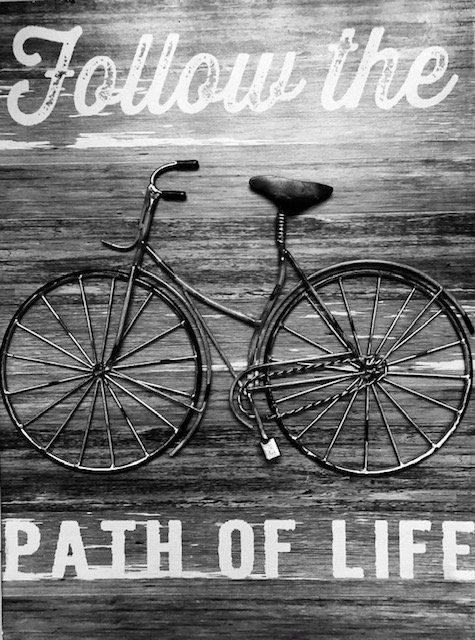
PART 1: There are three elements of Mindfulness Self-Compassion
- Self-Kindness: You are likely kind and considerate toward friends and family when they’re suffering or struggling. You probably ask them what they need and consider what you can do to help. Interestingly, most people don’t apply that kindness toward themselves. Take a moment to reflect on how you’ve approached yourself lately during a challenging time. Were you self-critical?
If you answered yes, you are not alone. Self-kindness encourages you not only to end self-criticism but to open your heart to yourself, responding to your suffering as you would to a dear friend. And as you accept yourself without judgement, you may also soothe, comfort and care for yourself. With self-kindness, you learn to self nurture, offering support and encouragement to yourself. - Common Humanity: If you answered yes to having self judgement towards yourself, you are not alone because most of us do it to ourselves. Sit with that for a second and repeat to yourself, “I am not alone.” How did that feel? One of the challenges with self judgement is that it inherently brings with it self separation from others. As though your problem or difficulty is yours alone, and you are the only one dealing with it, and nobody else has dealt with it. The more isolated you feel, the more you judge yourself, which causes you to feel more isolated. Do you see how the vicious cycle goes? Self- compassion is embedded in a sense of interconnection and common humanity: the pain you feel in difficult time is similar to the pain your friend feels in difficult times. With self-compassion, every moment of difficulty, of vulnerability, that you feel is a moment that you can feel more connected to others.
- Mindfulness: Mindfulness is an awareness and a practice of paying attention to the present moment, without judgement. It neither exaggerates, avoids, nor resists the present experience. In this receptive awareness of your experience, you become aware of your feelings and thoughts and are able to be with them as they simply are, without judgement or emotional charge.
Putting it all together
Meanwhile, you may be wondering what putting the three above ingredients (Self-kindness, common humanity and mindfulness) together look like? The acceptance of what mindfulness brings can help reduce self-judgement, which in turns helps to recognize our common humanity. Self-kindness lessens the impact of negative emotions which makes it easier to be mindful of them. Do you see how this healthy cycle helps you to cultivate your vulnerability into an amazing ability to be more brave through life?
Now that you have learned about three ingredients of Mindfulness Self-Compassion, how can you apply them to transforming your vulnerability and living from your very brave heart?
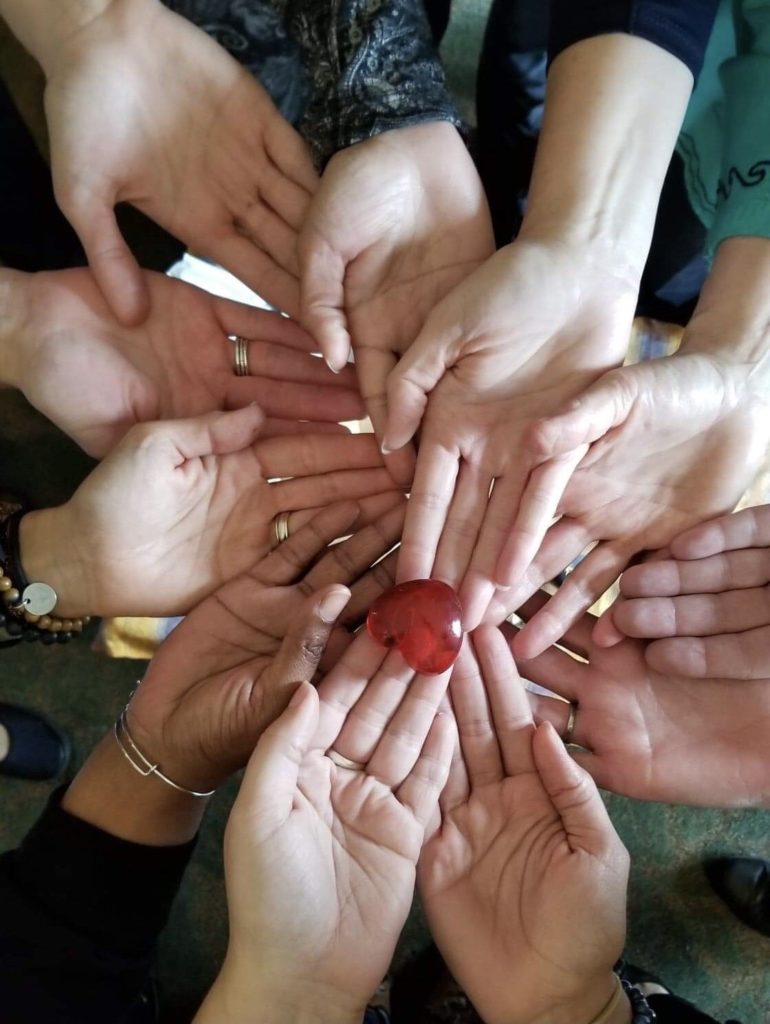
Part 2: The Yin and Yang of Self-Compassion
Self-Compassion has two seemingly opposite sides that are essentially complementary to each other and interdependent. This is similar to the Yin and Yang in traditional Chinese philosophy. One side cannot exist without the other, and each is called upon at different times. As a result, the yin of self-compassion involves being with yourself in a compassionate way. The yang of self-compassion is about how you act in the world.
Yin
- Comforting: This is something you likely do for a dear friend who is struggling. And just as you provide that to your friend, you can direct that to yourself by providing support to your emotional needs.
- Soothing: You may provide this to your friend by getting them a hot cup of tea. When you bring soothing to yourself, you provide comfort to yourself and a result feel physically calmer. You may place your hand on your heart or go out for a walk.
- Validating: This involves understanding your experience exactly as it is – no more and no less – and talking to yourself in a kind and gentle manner.

Yang
- Protecting: This involves you feeling safe, setting boundaries and saying No to others who are hurting you.
- Providing: This involves first knowing what you need, saying yes to it, and then trying your best to meet your need to the best of your ability.
- Motivating: You, like all of us, likely have patterns of behavior that you would like to change as they don’t serve you and don’t align with your values. You, like all of us, likely have hopes and aspirations that you want to pursue. Yang self-compassion motivates, and supports you the way a coach or a mentor does, without hard criticism. (PS: if your mentor or coach brings hard criticism, it is time to find a different coach! That is part of setting boundaries, and providing for your needs!).
Writing this article was not easy for me, because it took courage and facing my own vulnerability reflecting on my own journey in my mindfulness self-compassion toward myself. If you have read through this article til the end, congratulations my friend! You kept yourself motivated, knowing your needs and meeting them, while comforting, soothing, and validating your experiences. The journey of 1,000 miles starts with one step and one breath. Welcome to your own journey toward your mindfulness self-compassion joining the rest of us on this path! Check out Kristen Neff and Christopher Germer on Mindfulness Self-Compassion.
See you on the other side of MSC!



